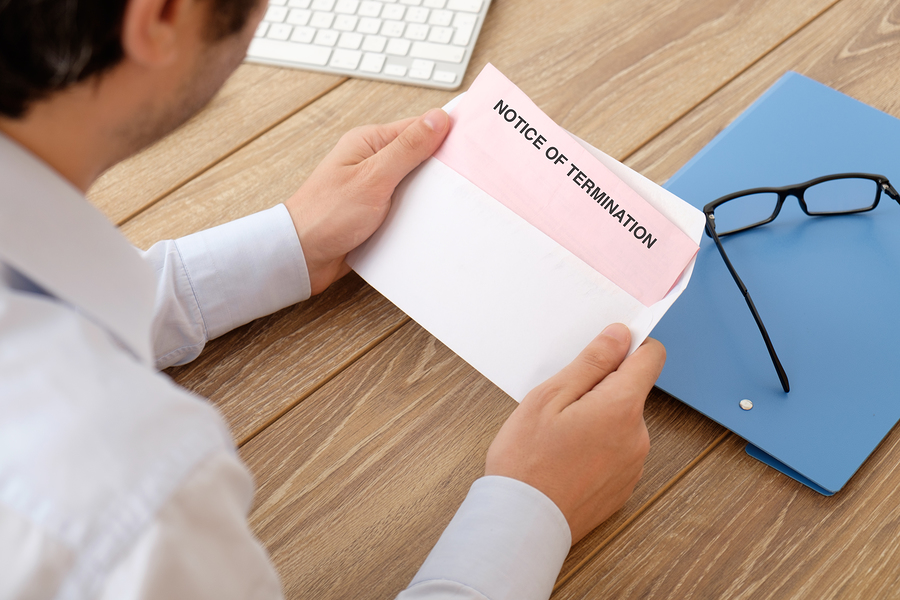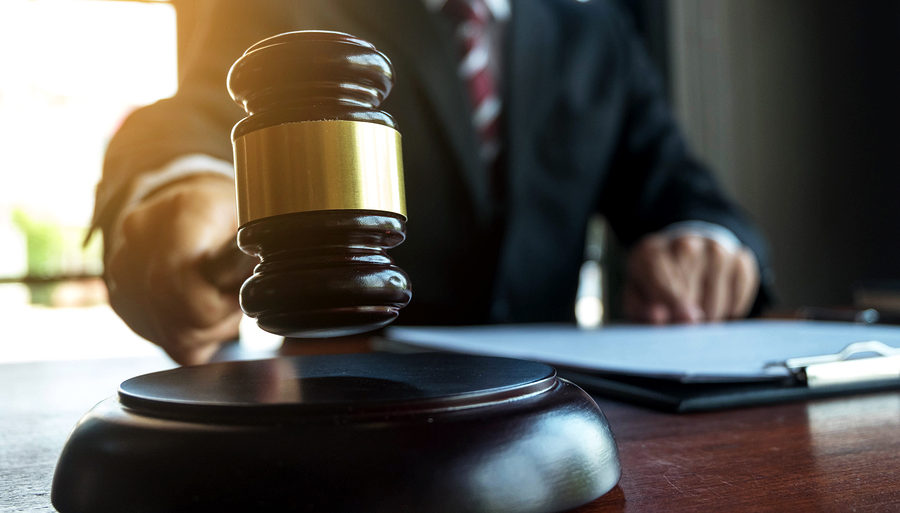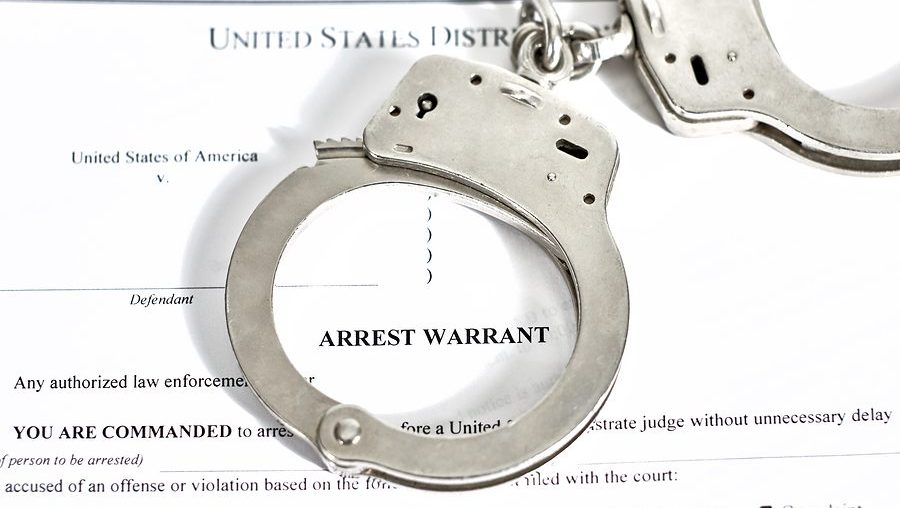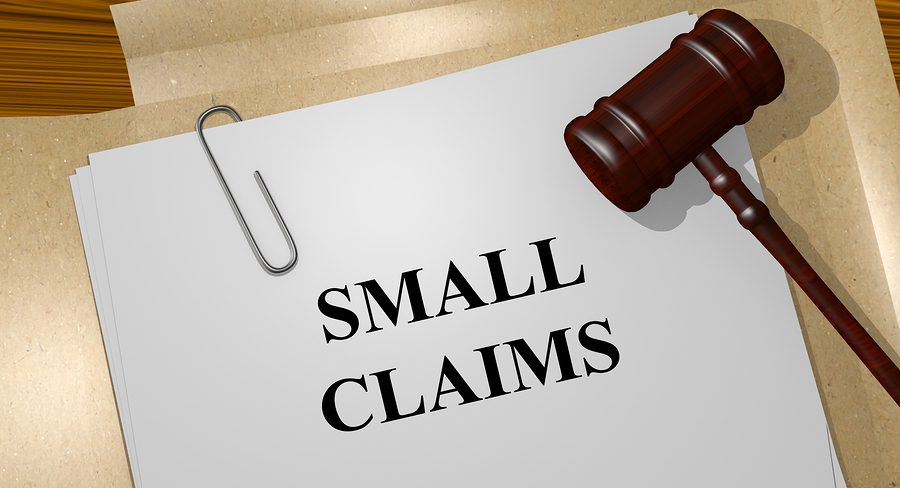Any relationship can start off on the right foot, but eventually begin to show signs of incompatibility. When it comes to professional relationships, like the one with your criminal defense lawyer, the same possibility can apply. In fact, many clients find themselves longing for new legal representation, whether because their current lawyer is not meeting certain professional expectations, or for the simple fact that they do not feel a solid lawyer-client connection.
If you are currently a client of a criminal defense attorney who is just not feeling like the right fit for your legal matters, you do have the option of switching counsel. However, there are some factors that can affect the circumstances of making such a switch, from the amount of time your case has been active, to the cooperation of your soon-to-be former lawyer.
Continue reading to learn what you need to know about changing criminal defense lawyers, midstream.

Switching Criminal Defense Lawyers
Changing criminal defense lawyers will not harm your case, overall. It is common for clients to switch legal representation midstream for a number of reasons. Lack of communication, unprofessional behavior, disagreements in case direction, and similar inadequacies are frequent reasons why this happens.
Finding a Reputable Replacement
When you are ready to move on to a new criminal defense lawyer, your first step is to find a reputable replacement in your city. See our blog, “How to Choose the Right Criminal Defense Lawyer” to learn how to get started on the right track. Once you have found a new criminal defense law firm to take your case, you can relish in relief, as they will take on the duty of arranging the change.
Your new lawyer will contact your former lawyer to notify them of the switch. From there, the two lawyers will set a time to complete the handoff of client information and all other related data. Afterwards, a new meeting is scheduled for all three parties (you and the two lawyers) to sit down and discuss payment owed to the former lawyer, if any at all.
Paying Your Former Lawyer
The amount of money you will owe to your former criminal defense lawyer will depend on several factors, many of which are influenced by state laws. Common factors that will affect this amount include the current stage of the case, how many hours they have already spent working on the case, and how much you have already paid. If money is owed to your former criminal defense lawyer, you will have to pay them in full. To ensure payment, some states allow criminal defense attorneys to put a lien on the proceeds they are owed. This will usually take place in small claims court as a civil matter.
Get Started ASAP to Protect Yourself
If you are not happy with your current criminal defense, whether a private paid lawyer or a public defender, it is vital that you make a switch as soon as possible. Your future and your freedom depend on the quality of your criminal defense attorney. Be sure to hire a seasoned and aggressive Indiana criminal defense lawyer who can protect your rights and preserve your freedom, and obtain the best possible outcome for your case. Without a lawyer on your side, you have a severe and massive risk of being sentenced to the maximum penalties for your criminal charges, including major fines and long-term jail time.
An Indianapolis Criminal Defense Attorney Who Will Fight For You
Call 317-636-7514 to discuss your issues with your current legal representation with David E. Lewis, Attorney at Law. He is an aggressive and experienced Indianapolis criminal defense attorney who will stop at nothing to protect your rights and preserve your freedoms. With decades of hands-on experience, you can trust Attorney David E. Lewis to help you through the process of changing lawyers, and then build you a stronger and more impactful defense against your Indiana criminal charges. Call 317-636-7514 to schedule a free initial consultation for Indianapolis criminal defense, today.













